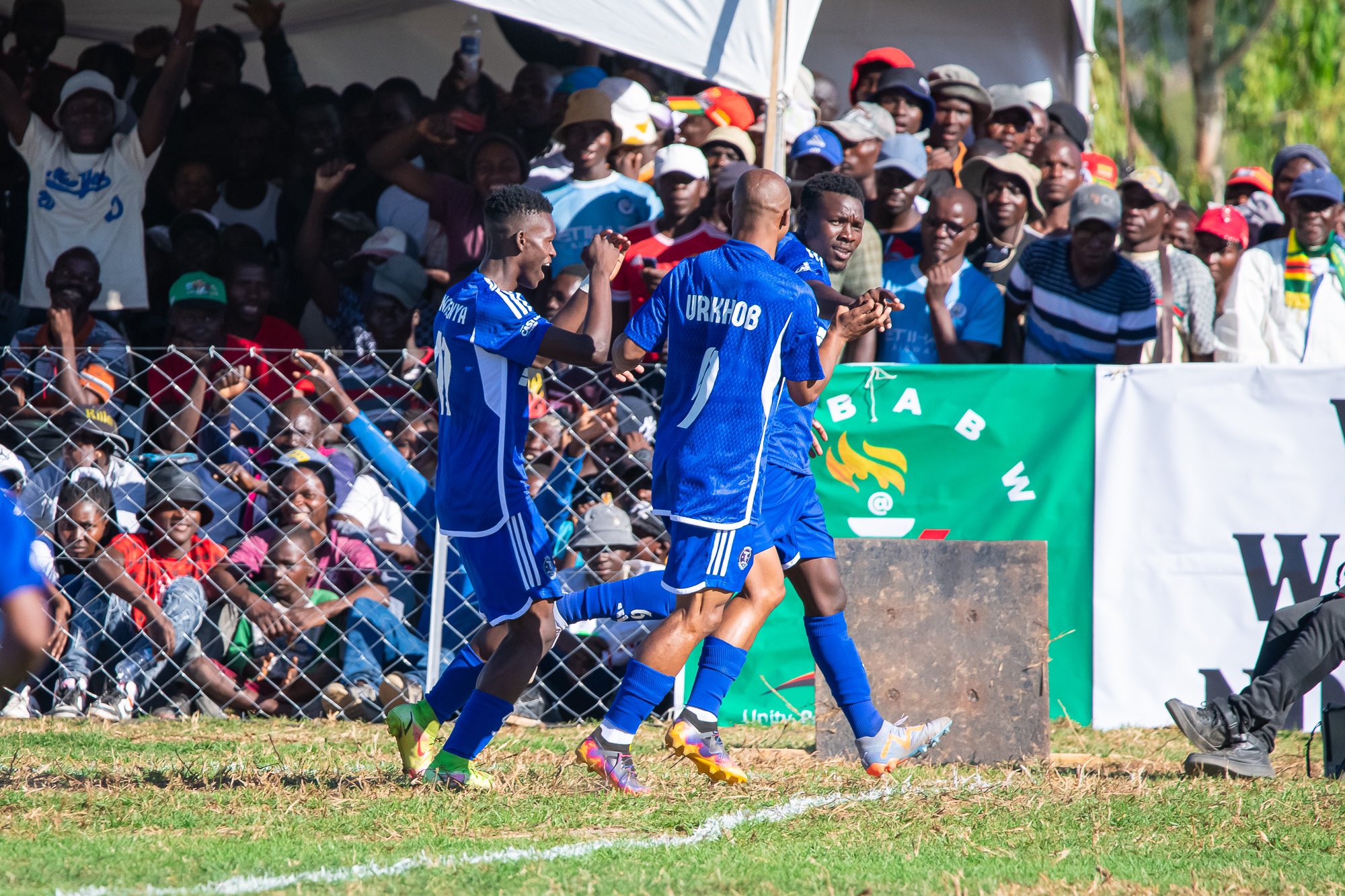England’s Stokes stuns South Africa with epic 258
Close South Africa 141 for 2 (Amla 64*) trail England 629 for 6 dec (Stokes 258, Bairstow 150*, Hales 60, Root 50) by 488 runs
THIS was joy, utter joy, no matter where your loyalties lie: a feat to stir the youthful, cheer the sick and bring reveries from the old. Ben Stokes bludgeoned one of the great attacking Test innings – the second fastest double century in Test history – on the second day of the second Test in Cape Town and those who were there to see it must have been enriched by the experience.
When it was all over, shortly before England’s declaration at 629 for 6, a humungous total they could not have remotely imagined at start of play, Stokes’ demolition job had brought 258 from 198 balls with 30 fours and 11 sixes. Freckled of complexion and brawny of stroke, he wielded his bat like a wrecking ball, razing South Africa’s attack to the ground.
Even his dismissal summed up South Africa’s broken state of mind. Stokes heaved at Kagiso Rabada, AB de Villiers dropped the skier at mid-on – AB of all people – but he steadied himself to throw down the stumps and complete a run out as Stokes jogged towards the bowler’s end, by then entirely sated. England declared two balls later once Jonny Bairstow’s 150 – an emotional maiden Test hundred that will receive limited recognition – had been gathered in.
South Africa will resume the third day 488 adrift with eight wickets intact after enduring an extraordinary batting assault. England struck their second-highest partnership in Test history, 399 in 59 overs, with Bairstow, no slouch himself, playing an intelligent subordinate role. England made 312 for 1 off 38.5 overs in the day.
Statistics underlining the achievement jostled for attention. It was once-in-a-lifetime, jaw-dropping stuff with virtually every delivery from a disorientated South Africa attack seemingly ripe for slaughter. There was little of the resourcefulness worthy of the No.1-ranked side in the world.
Stokes played with untrammelled power as blue skies shone over Table Mountain and 12,000 cheering England supporters revelled in every moment. It was a stupendous achievement, a day to treasure, the time-honoured rhythms of Test cricket giving way to something more murderous.
Barely anything threatened Stokes’ immense sense of feelgood. On 138, a six against the offspinner Dane Piedt barely cleared the outstretched hands of van Zyl, who significantly was a yard off the boundary at long off. On 197, Chris Morris almost yorked him, perhaps to the bowler’s surprise. And he pottered around for, oh, all of a few seconds before he pulled Morne Morkel through midwicket to reach 200.
When the ball comes onto the bat, and cricket is a simple game, Stokes’ destructive power knows few bounds. This was only his third Test hundred, to follow equally exciting affairs against Australia – including Mitchell Johnson at his fiercest – in Perth and New Zealand at Lord’s, and there have been malfunctions along the way, but it was an innings that spoke volumes about the importance of the combative allrounder, able to balance a side and change a game in an instance with bat or ball.
His mind was entirely uncluttered, his physique more demoralising by the minute. His backlift was huge and flowing. Shot selection became entirely a matter of where he would hit the ball – most often down the ground, to off side and leg – because he rarely defended and left only deliveries that were virtually too wide to reach. He powered up and let the shots flow.
Newlands was at its most seductive for batsmen – and Stokes took a golden opportunity at face value. He is not the sort to see fears where none exist. South Africa lacked the waspish pace of Dale Steyn, or the Cape Town nous of Vernon Philander and those asked to fill the roles had no solution. Half-an-hour before tea on the second day, England were impregnable, hoping that the pitch would break up along with South African minds.
England had stolen the game on the previous evening with Stokes and Bairstow taking 46 from the first seven overs with the second new ball. Now they did not just keep it, they ravaged it. That assault began from the outset, helped by some ragged South Africa bowling. An initial plan to bowl wide of off stump proved misguided. Ten came from the first over, from Morkel; a hapless over of short and wide stuff from Morris was flayed to the boards three more times. Playing yourself in was for wimps at a time like this. There were pulls and drives galore. It looked a very simple game.
On this sort of pitch, Stokes fancied he could destroy Morris at will. Morris is a T20 specialist, so Stokes dismissed him from his presence as if playing T20. He looked predictable, a bowler operating at a convenient pace. Morkel produced the occasional good ball – but almost exclusively to Bairstow, one thick edge falling drainingly short of the slips. Rabada’s latest lesson in Test cricket was a painful one and his short balls lacked venom. By the time Piedt’s spin was introduced, 12 overs into the day, Stokes’ eye was set.
Stokes was entirely relaxed, the power of his strokeplay leaving South Africa’s captain, Hashim Amla, lost for a response. Bairstow offered no release. Misfields crept in and South Africa’s pitch map should have been entitled “desperation”. The boundaries rained down, one of the best of them a pulled six against Rabada by Stokes that flew out of the ground in the general direction of the brewery, where accountants could celebrate the profits provided by celebrating England fans. About the only ball he pushed at cautiously in the morning was the last ball of the session: playing for lunch, Ben Stokes style.
England had made 196 in 25 overs in the morning, they added 116 in another 13.5 in the afternoon. What plans South Africa had – and they did not have many – were abandoned at the first sight of failure. Bairstow secured his hundred by cutting van Zyl to the fence and his primeval holler of delight, beard bristling, tightly curled and tightly jawed, holding emotions in check as he looked to the heavens, was a moving moment.
From then on, England slogged in the heat, happy to imagine themselves indestructible, Piedt was slow to chase a half chance behind the wicketkeeper as Bairstow top-edged Rabada and Morkel put down a sitter at long off as he same batsman smeared at Morris. It had to end surely, and it did as Rabada had the presence of mind to roll his fingers across the ball and outwit Stokes. England’s ginger quota had proved awfully successful.
What followed was very much the undercard, but with Hashim Amla and AB de Villiers still together at the close, and the deficit clipped to 488, South Africa will hope their partnership will swell into something substantial on a third day that should still favour the batting side.
South Africa started hamfistedly when Stiaan van Zyl was run out for 4, sent back by Elgar, and Stokes had enough stardust left to have Elgar caught in the gully off a leading edge, but Joe Root dropped de Villiers, on 5, a waist-high chance at second slip – cue a James Anderson black mood – and Amla logged his first half-century in 11 attempts, courtesy of a neat clip off Stokes that suggested form reawakening. England had plans and South Africa scored at 3.4 an over. Normality was restored. — Sport24









Comments